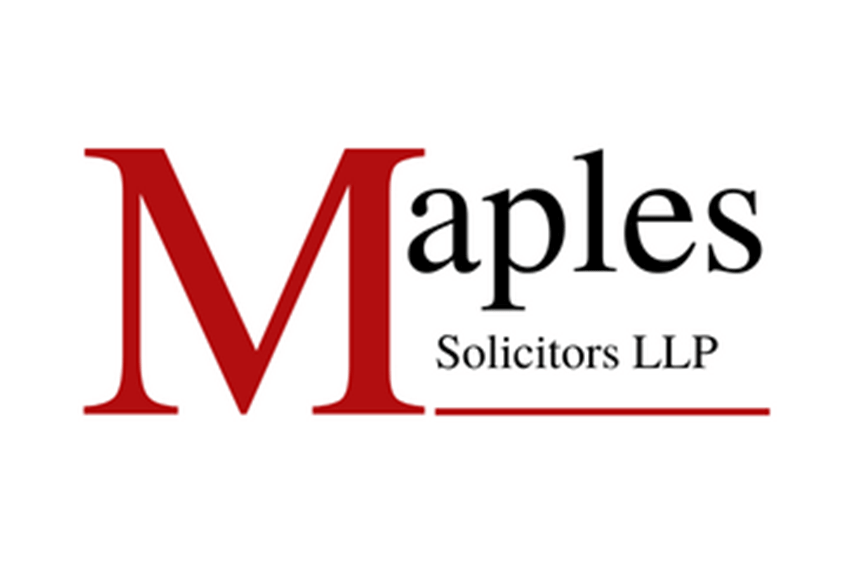The Employee Shareholder Scheme
14th January 2014
The Employee Shareholder Scheme
Introduction
Under the Growth and Infrastructure Act 2013 (Commencement Number 3 and Savings) Order 2013 the new employment status of employee shareholder was introduced with effect from the 1st September 2013.
Under the scheme, employee shareholders waive certain rights such as the right not to be unfairly dismissed, the right to a statutory redundant payment etc (subject to some exceptions and limitation) in return for at least £2,000.00 of shares in the employer’s company.
Existing employees who refuse to become employee shareholders are protected from dismissal or other detriment but job applicants who are refuse an employee shareholder job because they do not want to join the scheme will not be afforded protection.
Employees must receive independent legal advice before joining the scheme, and the company must meet the costs of the advice.
Interest in the Scheme
There was a consultation on the employee shareholder status in October 2012, but the results showed that only a very small number of respondents anticipated using the proposed status.
Daven Naghen, head of the Maples Employment Team, does not expect interest in the scheme to increase significantly:-
“From an employee’s prospective they are unlikely to be interested in such a scheme as they will not want to lose certain employment rights (e.g. right not to be unfairly dismissed) and they will need to weigh up the value of any potential compensation they are waiving against the benefit they will gain from the shares.
Employers are likely to be put off by having to pay for the employee to take independent legal advice even where the employee decides later not to proceed with the scheme, as well as the cost of share valuations and any buy-back requirements.
There is however some enthusiasm for the scheme with start-ups and fast growing companies.
Possible tax-savings are likely to be of great interest to senior employees, particularly those in companies with good growth potential.
I remain sceptical as to whether interest in the scheme will significantly increase.”
How does the Scheme propose to help running a Business?
The intention of the scheme is to provide a flexible workforce for small and medium sized businesses. Although it cannot be imposed on existing employees, it could be imposed on future employees. This means that smaller businesses can recruit knowing that ordinary unfair dismissal claims cannot be brought against them, giving these businesses greatly flexibility in re-structuring and greater certainty of termination costs.
Implications in terms of Tax
The most significant tax relief under the scheme is that shares acquired in consideration of an employee shareholder agreement are exempt from capital gains tax, representing a potential tax saving of up to 28% of the growth in the value of the shares from acquisition until disposal. The relief only applies if at the time of acquisition the market value of the shares is not greater than £50,000.00.
Income tax may arise on acquisition of the shares by the employee shareholder but only to the extent that the market value of the shares on acquisition exceeds £2,000.00.
HMRC has helpfully indicated that it will agree a market valuation of shares with a company before such a scheme is commenced.
Obviously advice should be taken from a tax specialist or financial advisor on these points. Do you need Advice?
If you are a business considering entering into such a scheme, or you are an employee that has been offered such a scheme, then please contact Daven Naghan for advice and guidance on 01775 722261 or email daven.naghen@maplessolicitors.com or write to Dav at 23 New Road Spalding Lincolnshire PE11 1DH



